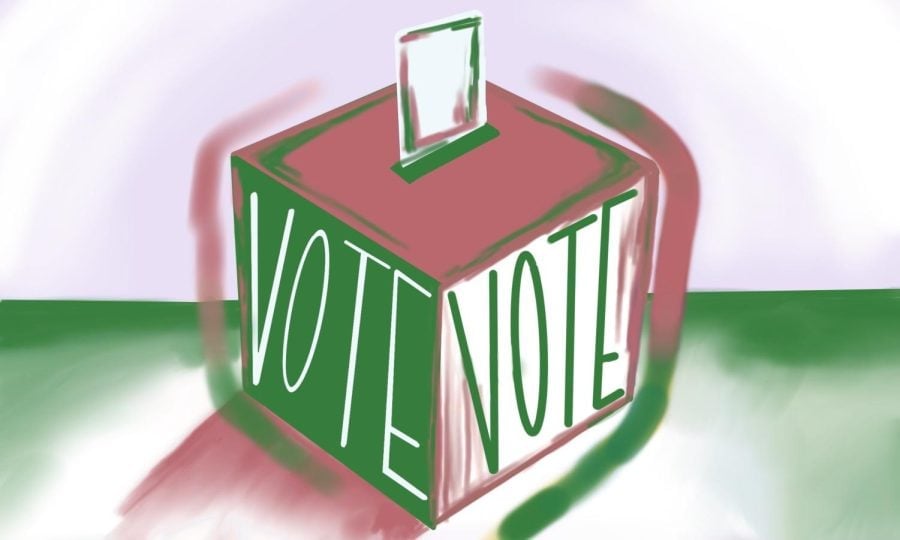A Sangamon County Circuit Court judge granted a preliminary injunction Wednesday against enforcement of a recently passed Illinois law that prohibits election slating. The legislation could prevent four Republicans vying for state office from appearing on general election ballots in November.
The candidates filed the lawsuit against the Illinois State Board of Elections and Attorney General Kwame Raoul on May 10. It came a week after Gov. J.B. Pritzker signed the law, which stops party leaders from adding candidates who didn’t run in partisan primaries to their general election slates.
During a Wednesday hearing on the injunction, Circuit Court Judge Gail Noll said the law could violate the plaintiffs’ constitutional rights by disrupting their ballot access in the middle of an election cycle.
“Here, the public act eliminates one entire route,” she said.
Before Noll announced the order, an attorney for the State Board of Elections said for now, the agency was not planning to reject any ballot petitions based on the law.
Earlier in the hearing, plaintiffs argued that the law’s application to them specifically restricts the public’s voting rights against the state’s “purported interests” in making the electoral system more fair.
Jeffrey Schwab, the plaintiffs’ attorney, said the court should apply strict scrutiny to this dispute — the highest standard of constitutional review that requires government action be narrowly tailored to further a compelling state interest. He said the state failed to meet those stipulations.
Democratic officials have said the slating ban prevents political party elites from exercising too much influence over the electoral process by handpicking candidates and bypassing primary elections. Schwab said he had doubts about that interest.
“Why would they only do it for general assembly elections and not others?” Schwab said.
He said allowing the plaintiffs to be on the general ballot gives the public more choices during November’s elections, which contributes to Illinois’ goal of protecting voting rights.
And, the law was unfair to the candidates themselves — catching them off guard as many had already started obtaining signatures for the slating process, he said.
“The legislature changed the rules in the middle of the game,” Schwab said.
Attorney Hal Dworkin, who represented the Illinois Attorney General, argued the preliminary injunction could set several negative precedents for the Illinois government. For one, several previous court cases have applied strict scrutiny only when a change in electoral policy completely negated the election results, Dworkin said.
The injunction plaintiffs were proposing would effectively force the State Board of Elections to revert to enforcing old law, Dworkin added.
“That would say one legislature is binding future legislatures in how the election code works,” Dworkin said.
Dworkin and attorney Michael Kasper — who represented State House Speaker Emanuel “Chris” Welch (D-Chicago) — said the preliminary injunction damages separation of powers in Illinois.
Both argued the injunction amounts to a judicial mandate that forces the State Board of Elections to accept the plaintiffs’ ballot petitions unless they fail to meet some other state requirement.
Kasper said judicial review is the previously recognized way for candidates to dispute negative rulings on a ballot petition from the State Board of Elections. Noll’s granting the plaintiffs’ injunction, he said, would mean turning the process on its head.
“They want you to rule for the board before (a challenge) is even filed,” Kasper said.
Schwab disagreed. He said the present case’s purpose was only to stop the state from enforcing its slating ban for the plaintiffs, who couldn’t have expected the rule change. Schwab said in future cases, the law might not violate any constitutional rights.
Noll will hear arguments for a final injunction on June 3, and parties are required to submit briefs and motions by May 29 and responses by May 31, respectively.
Email: williamtong2026@u.northwestern.edu
Twitter: @william2tong
Related Stories:
— New Illinois law prohibits political parties from adding candidates to November ballot
— Organizers work to increase voting in November after less than 18% turnout in Evanston primaries



















